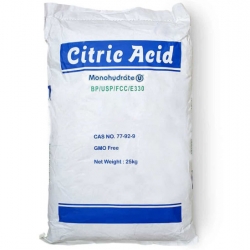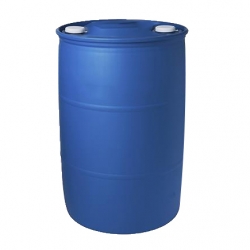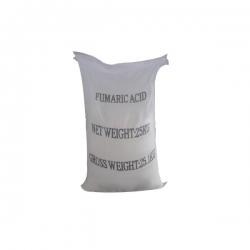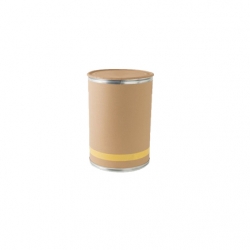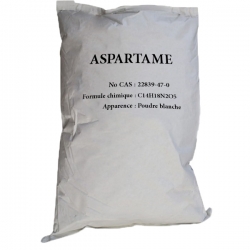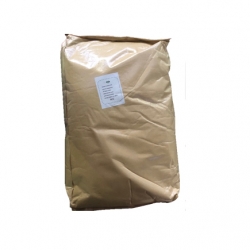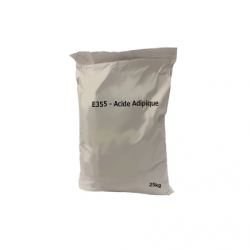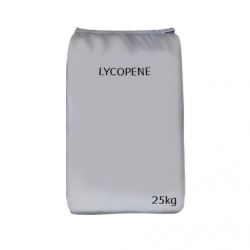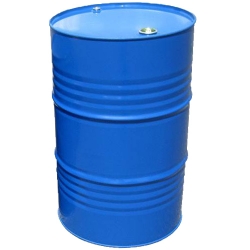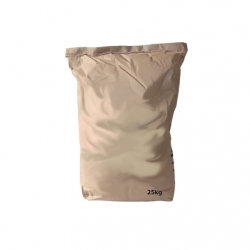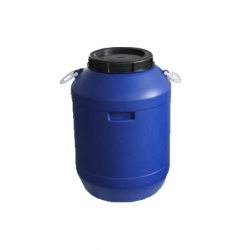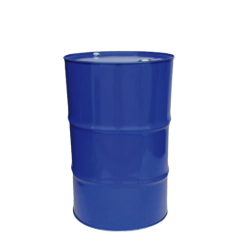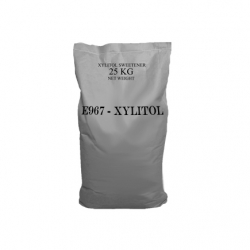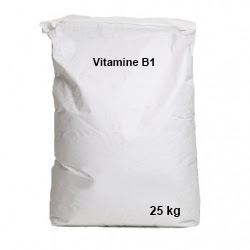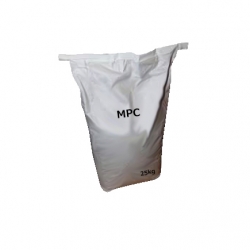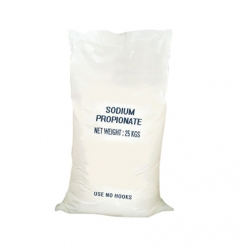No products in the cart.
Active filters
E330 - Citric Acid
Citric Acid is a tricarboxylic acid found in citrus fruits. Citric acid is used as an excipient in pharmaceutical preparations due to its antioxidant properties. It maintains stability of active ingredients and is used as a preservative. It is also used as an acidulant to control pH and acts as an anticoagulant by chelating calcium in blood.
E420 - Sorbitol
Sorbitol is a natural polyol with a sweetness level approximately half that of sucrose. Unlike monosaccharides, its structure does not contain any ketone or aldehyde functions. It is primarily used as a bulk sweetener to replace sucrose.
E297 - FUMARIC ACID
Fumaric acid, or trans-butenedioic acid, is an unsaturated dicarboxylic acid with the chemical formula HOOC–CH=CH–COOH. It appears as a crystalline white powder that is odorless, combustible but weakly flammable, and slightly soluble in water.
E950 - Acesulfame Potassium
Acésulfame K is 150-200 times sweeter than sugar. Acésulfame K is a very stable crystalline sweetener, with a chemical structure similar to saccharin. Acésulfame K is commonly used in combination with aspartame or other sweeteners because it has a synergistic effect to enhance and maintain the sweet taste of foods and beverages.
E951 - Aspartame
Aspartame is an artificial sweetener discovered in 1965. It is a dipeptide composed of two natural amino acids, L-aspartic acid, and L-phenylalanine, the latter in the form of a methyl ester.
E952 - Cyclamate
Cyclamate (or sodium cyclamate) is an artificial sweetener discovered in 1937 at the University of Illinois by a student named Michael Sveda.
Cyclamate is also known under the number E952.
E355 - Adipic Acid
Adipic Acid is naturally found in rhubarb and beets. It can also be produced synthetically for industrial use. It is a relatively mild acidifier, permitted in a very limited range of products.
E160d - Lycopéne
Lycopene is a carotenoid. Therefore, it is a natural red pigment found in certain plants. Insoluble in water, this antioxidant is transported in blood lipids to accumulate in certain organs.
Butylglycol
Butylglycol, also known as butoxyethanol, is a chemical compound belonging to the family of glycol ethers.
Lemon zest
Lemon zest flavor is a natural and nature-identical lemon flavor formulated with essential oils. It combines the fruity flavor of lemon juice with the bitterness of the zest. Uses: Pastries, creams, cake and cookie dough.
VITAMIN B1
Vitamin B1, also known as thiamine, is a water-soluble vitamin that is part of the B-complex. It plays a crucial role in carbohydrate metabolism by helping to convert carbohydrates into usable energy. Thiamine is essential for the proper functioning of the nervous system, muscles, and heart.
MPC
Milk protein concentrates, called MPC or Milk Protein Concentrate, are skimmed milk concentrates whose protein content (caseins and serum proteins) on dry matter is greater than 42% and preferably greater than 75%
E281-SODIUM PROPIONATE
Sodium propionate (E281) is a sodium salt of propionic acid, a carboxylic acid. It is used as a food additive in the food industry, primarily as a preservative agent to inhibit the growth of molds and yeasts, thereby extending the shelf life of food products.


